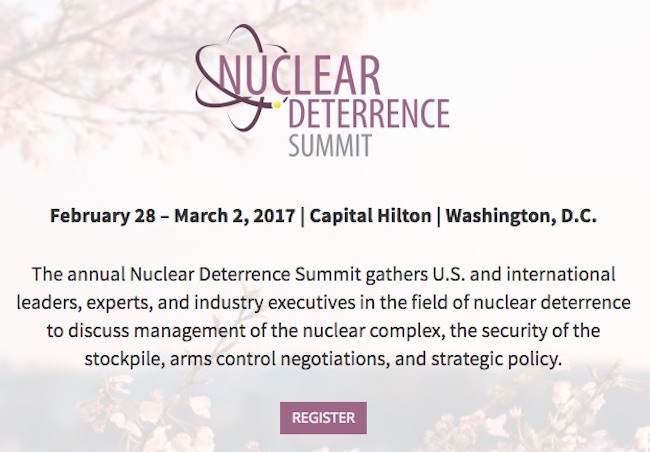Today I spoke at the Nuclear Deterrence Summit about the role and challenges of US-Russian nuclear arms control efforts. My panel partner was Mark Schneider from NIPP and we were under the competent chairmanship of Vice Admiral Van Mauney (US Navu, Ret.), the former deputy commander of US Strategic Command.
My prepared remarks are here: Beyond US-Russian Arms Control
This publication was made possible by a grant from Carnegie Corporation of New York and Ploughshares Fund. The statements made and views expressed are solely the responsibility of the author.
The last remaining agreement limiting U.S. and Russian nuclear weapons has now expired. For the first time since 1972, there is no treaty-bound cap on strategic nuclear weapons.
The Pentagon’s new report provides additional context and useful perspectives on events in China that took place over the past year.
Successful NC3 modernization must do more than update hardware and software: it must integrate emerging technologies in ways that enhance resilience, ensure meaningful human control, and preserve strategic stability.
The FY2026 National Defense Authorization Act (NDAA) paints a picture of a Congress that is working to both protect and accelerate nuclear modernization programs while simultaneously lacking trust in the Pentagon and the Department of Energy to execute them.
